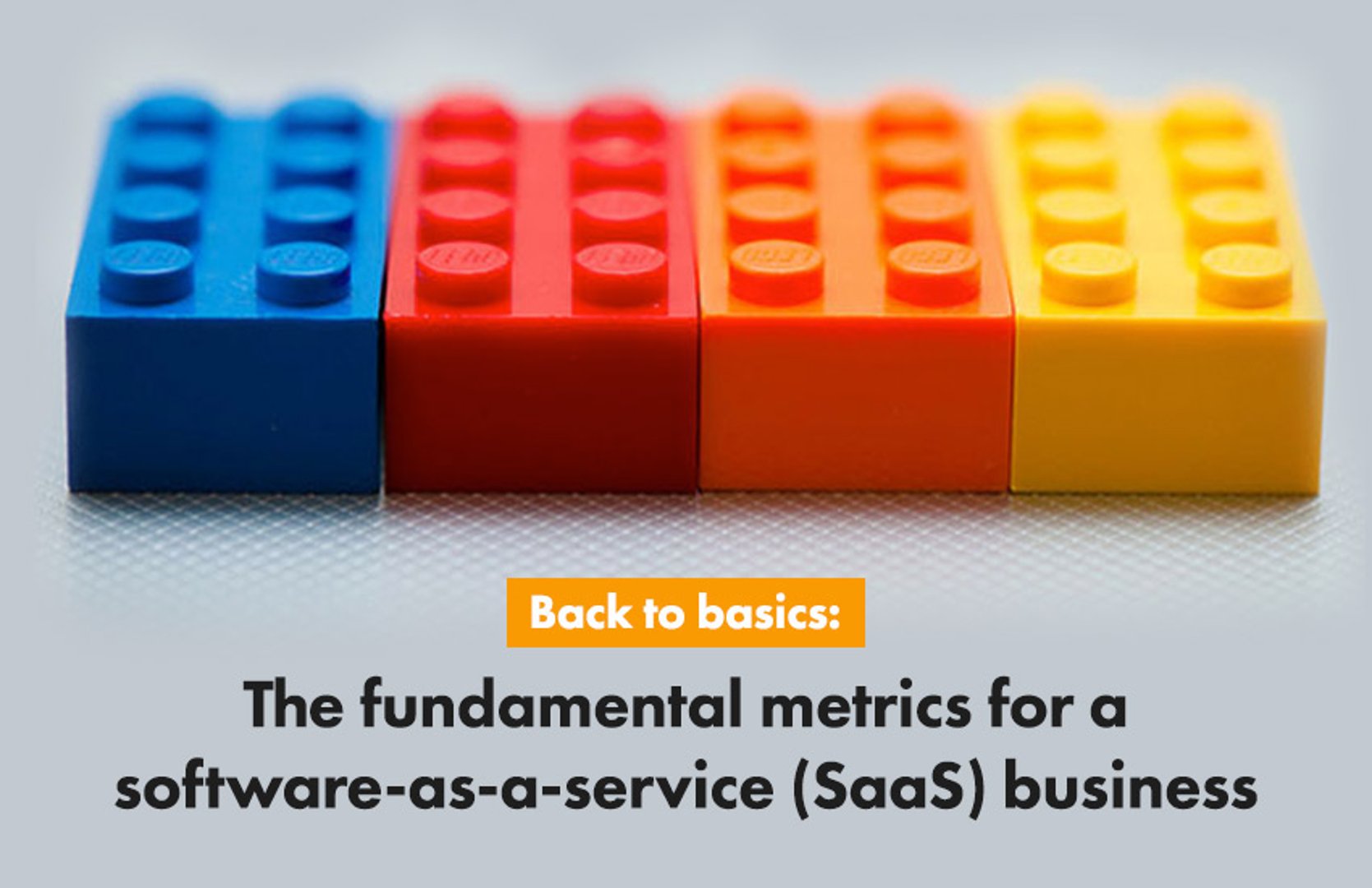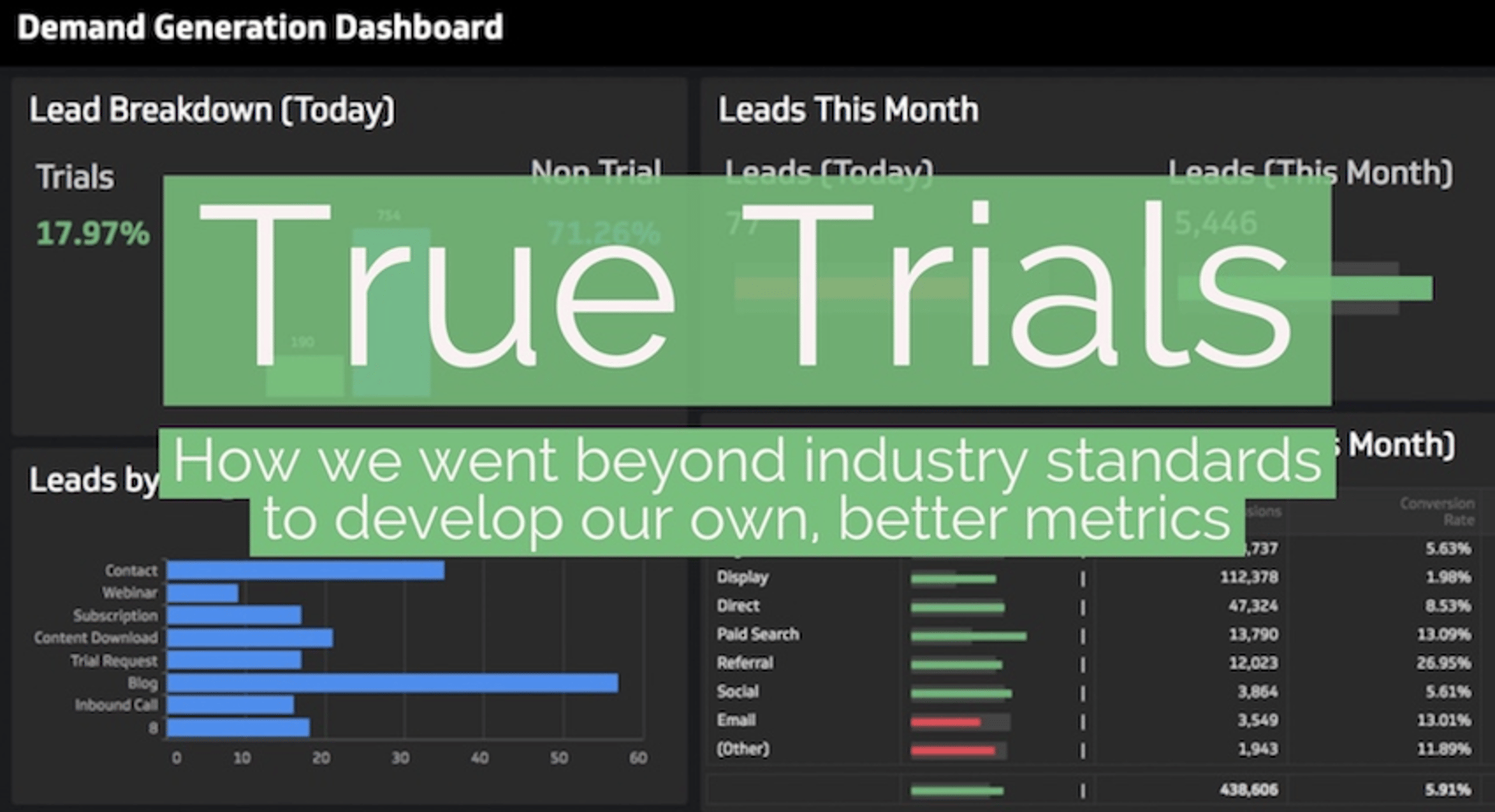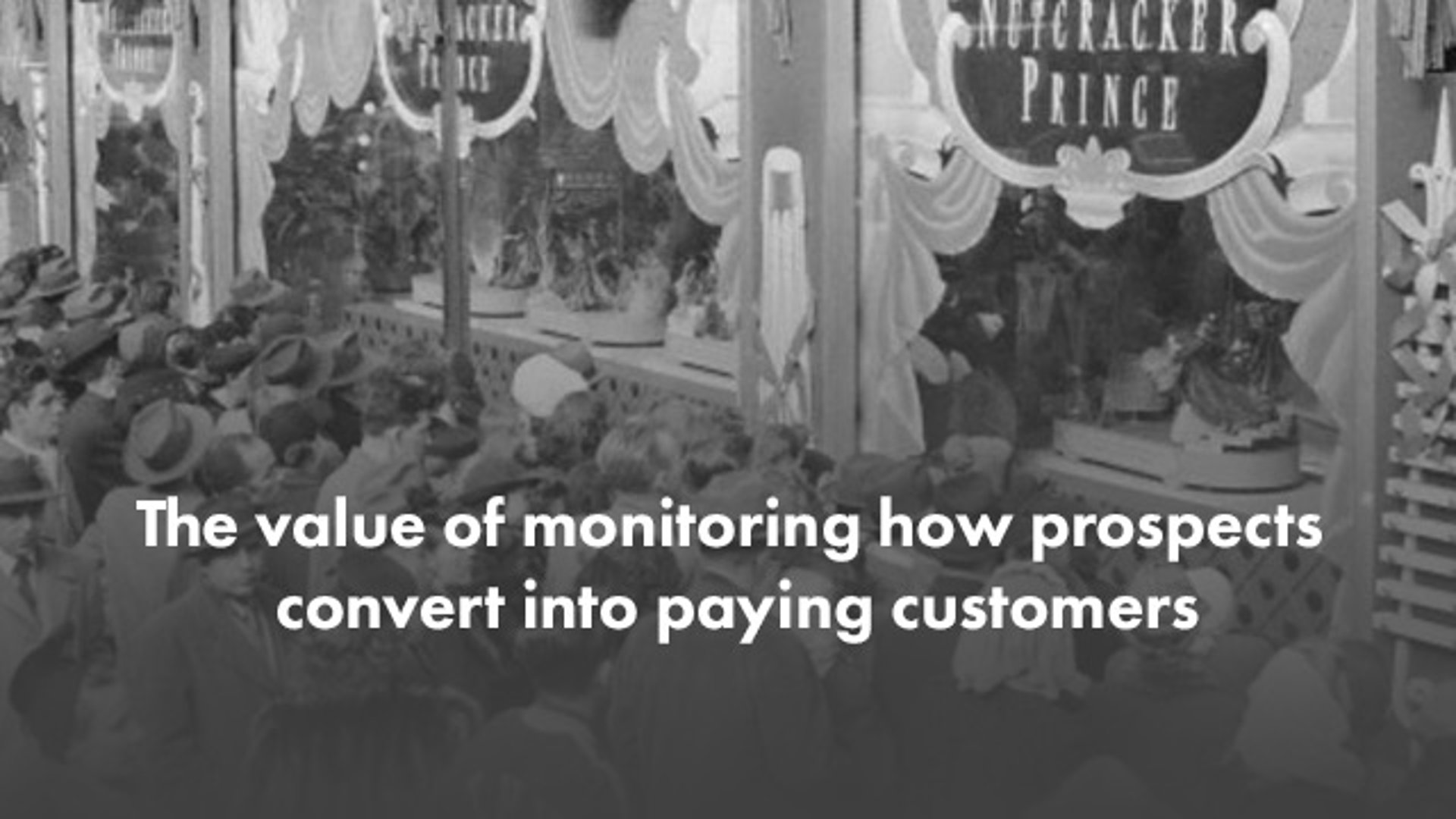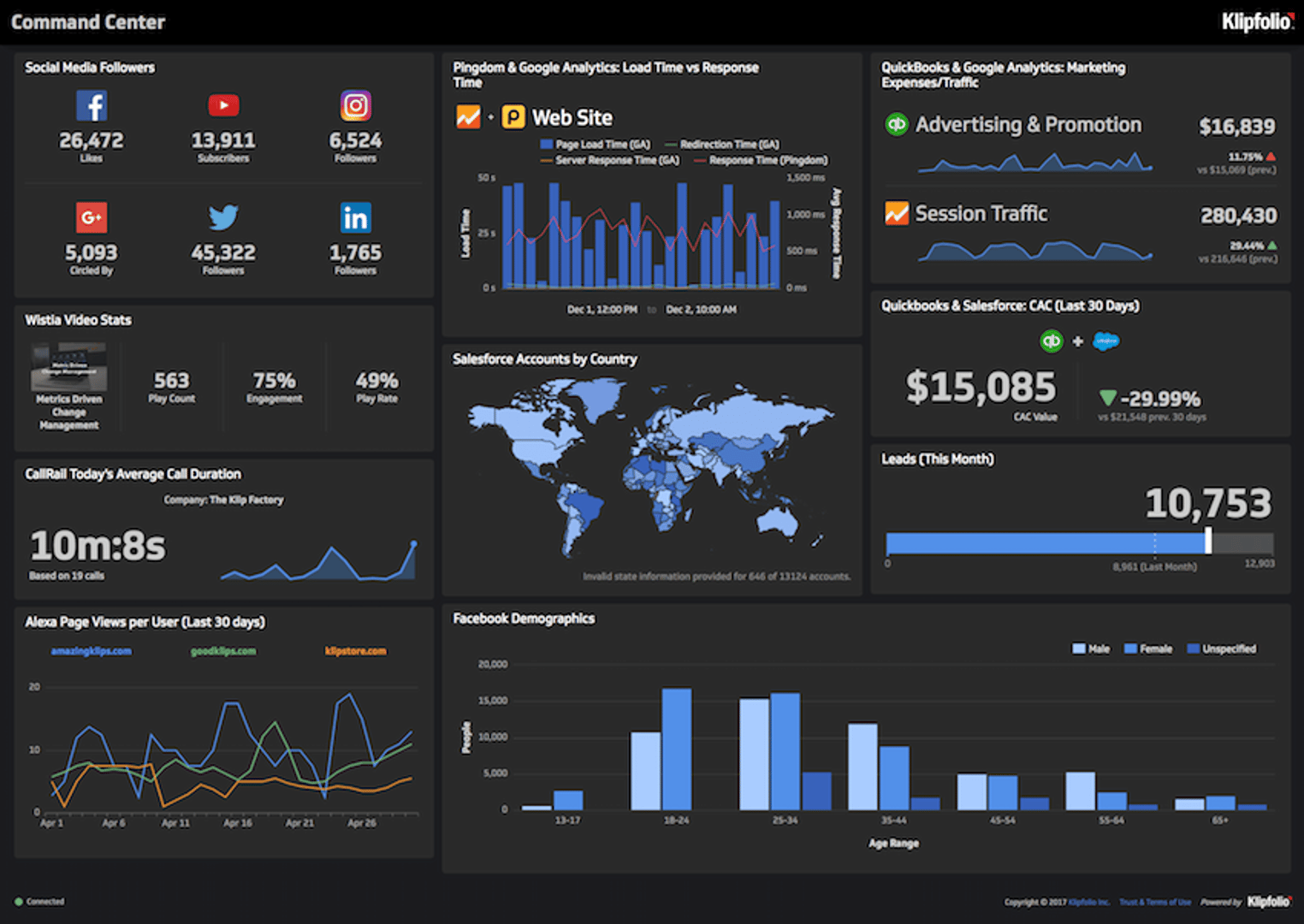Founder/Executive blogs
A collection of our most recent articles on

Mastering the funnel: Mapping your customer’s journey to revenue growth
By Allan Wille, Co-Founder — April 12, 2019

Blood, sweat and metrics: Creating an online KPI/metrics community
By Allan Wille, Co-Founder — September 20, 2019

What are the best venture capital blogs?
By Jonathan Milne — November 15, 2017

Business metrics vs KPIs. What’s the difference?
By Jonathan Taylor — October 27, 2017

Why understanding unit economics is important to your business
By Allan Wille, Co-Founder — February 19, 2016

Part 3: The history of Klipfolio
By Jonathan Taylor — April 3, 2012
The Power of Tracking Public Opinion
By Allan Wille, Co-Founder — August 7, 2015

Are you spending too much money acquiring new customers?
By Allan Wille, Co-Founder �— July 31, 2015

How $12M in Series B funding will accelerate our mission to give businesses real-time access to all of their metrics
By Allan Wille, Co-Founder — January 5, 2017

Back to basics: The fundamental metrics for a software-as-a-service (SaaS) business
By Allan Wille, Co-Founder — May 20, 2016

True Trials: How we went beyond industry standards to develop our own, better metrics
By Allan Wille, Co-Founder — August 30, 2017

How we are using A-B testing to refine our pricing model – Part 1
By Allan Wille, Co-Founder — February 26, 2016

How we are using A-B testing to refine our pricing model – Part 2
By Allan Wille, Co-Founder — March 4, 2016

The value of monitoring how prospects convert into paying customers
By Allan Wille, Co-Founder — June 12, 2015

How to Get Started With Data-Driven Decision Making in Marketing
By Max Benz — April 17, 2020

How to lead from the bottom on making your company data-driven
By Mark Brownlee — November 27, 2017

The spaghetti mess we created when we tried to integrate our data systems - and how we got out of it
By Allan Wille, Co-Founder — May 29, 2015

Klipfolio for Executives: An Interview with digital agency CEO Dave Hale
By Mitch Dupuis — July 10, 2019

SaaS Finance Metrics Cheat Sheet
By Emily Hayward — May 11, 2022

6 dashboards I use daily - with live links
By Allan Wille, Co-Founder — September 11, 2015

Six Tips to Stage your Company with Confidence
By Mike Pascoe — June 30, 2020

Real-time dashboards: Actionable data insight for CMOs
By Elias Crum — September 6, 2018

Why marketing executives need dashboards
By Jonathan Taylor — November 23, 2015

It's about time – behind the scenes of Klipfolio getting funded
By Allan Wille, Co-Founder — February 13, 2014